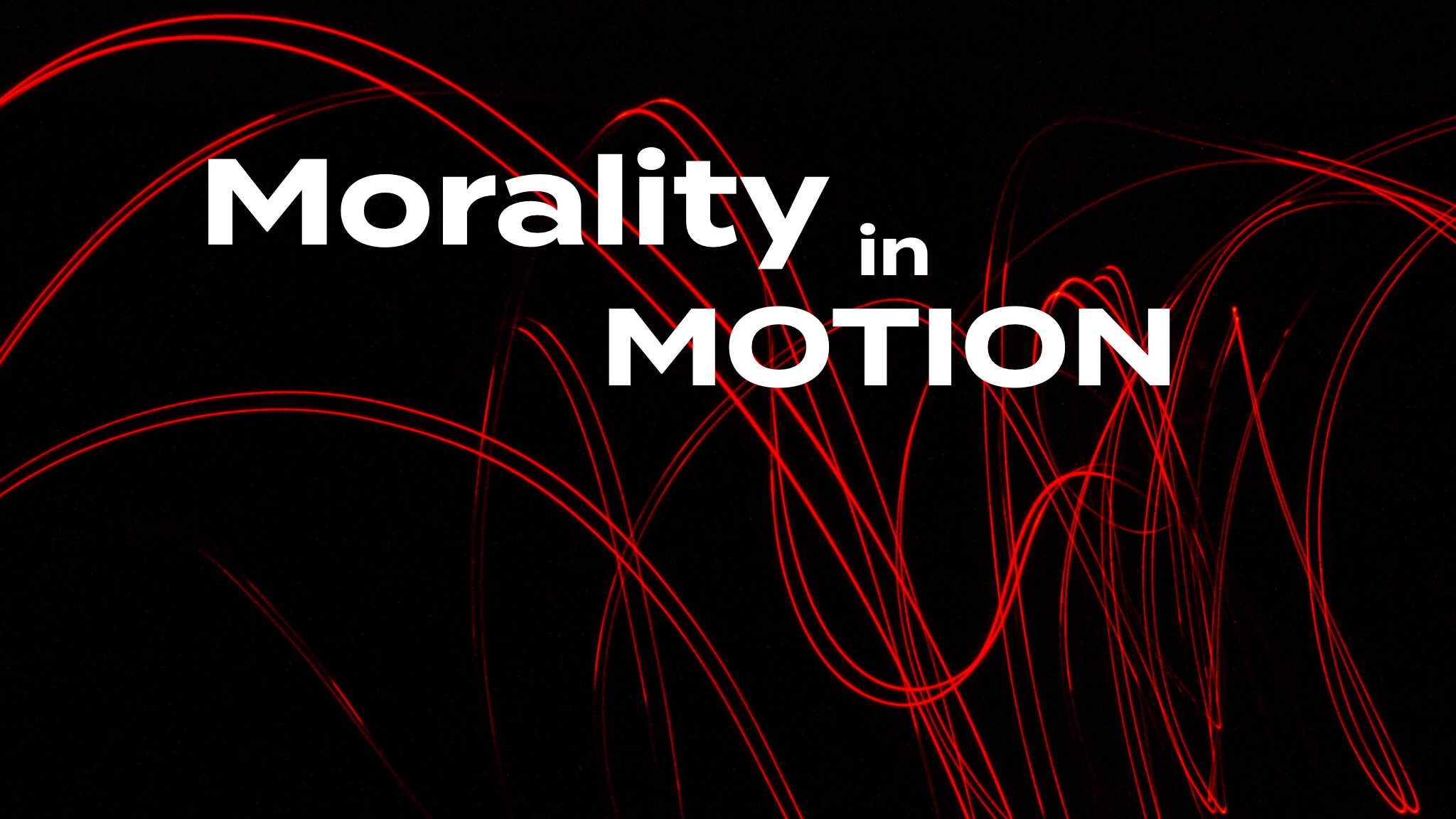Episode Video
Show Notes
Books Referenced
Science and the Good by Hunter and Nedelisky -https://yalebooks.yale.edu/book/9780300196283/science-and-good
The Story of Western Science by Susan Wise Baurer - https://www.amazon.com/Story-Western-Science-Writings-Aristotle/dp/1511321091/
Quotations and People Referenced
All page numbers are from Science and the Good
Hugo Grotius (1583-1645)
They hoped that by insisting on observable evidence to support moral claims, they would offer a way to temper some of the most violent conflagrations of human unsociability” Page 39
So he was still a moral realist and thought we just we arrived at morality by studying “what is in accord with the kind of society of rational beings that we all want.” Page 40, and even even introduced the concept of rights.
Thomas Hobbes (1588-1679)
“As he put it, ‘for these words of Good, Evil, and Contemptible, are ever used in relationship to the person that uses them: there being nothing simply an absolutely so; not any common rule of Good and Evil, to be taken from the nature of the objects themselves.’ Instead, the moral law is whatever human beings make it to be through consent and convention.” Page 42.
Marquis de Condorcet (1743–1794)
“In the same manner, by analyzing the faculty of experiencing pain and pleasure, men arrived at the origin of their notions of morality, and the foundation of those general principles which form the necessary and immutable laws of justice; and consequently discovered the proper motives of conforming their conduct to those laws, which, being deduced from the nature of our feeling, may not improperly be called our moral constitution.” Page 45
David Hume (1711-1776)
Hume’s empiricism, by contrast, led him to conclude that moral evaluation simply expressed a person‘s feelings and attitudes with respect to a person or situation. Such sentiments were the sum and substance of moral life, and they could never be connected to any objective, mind independent moral order.” Page 52
John Stuart Mill (1806-1873)
“The creed which accepts as the foundations of morals “utility“ or the “greatest happiness principle“ holds that actions are right in proportion as they tend to promote happiness; wrong as they tend to produce the reverse of happiness. By happiness is intended pleasure and the absence of pain; by unhappiness, pain and the privation of pleasure.” Page 61
Nietzsche, The Madman, 1882
Backward, sideward, forward, in all directions? Is there still any up or down? Are we not straying, as through an infinite nothing? Do we not feel the breath of empty space? Has it not become colder? Is not night continually closing in on us?
Dostoevsky in The Brothers Karamazov (1879,80)
Ivan Karamazov claims that if God does not exist, then everything is permitted. If there is no God, then there are no rules to live by, no moral law we must follow; we can do whatever we want.



